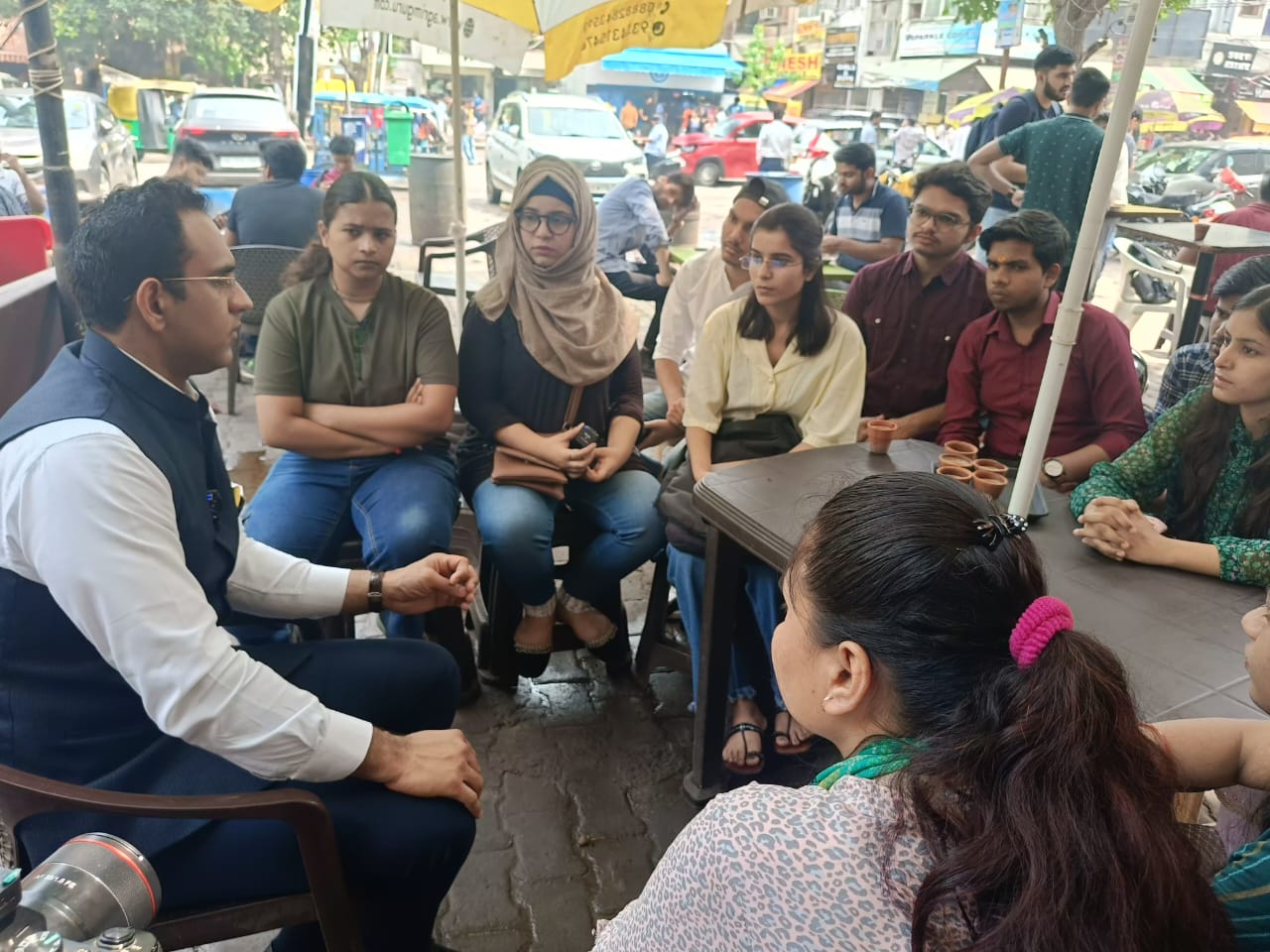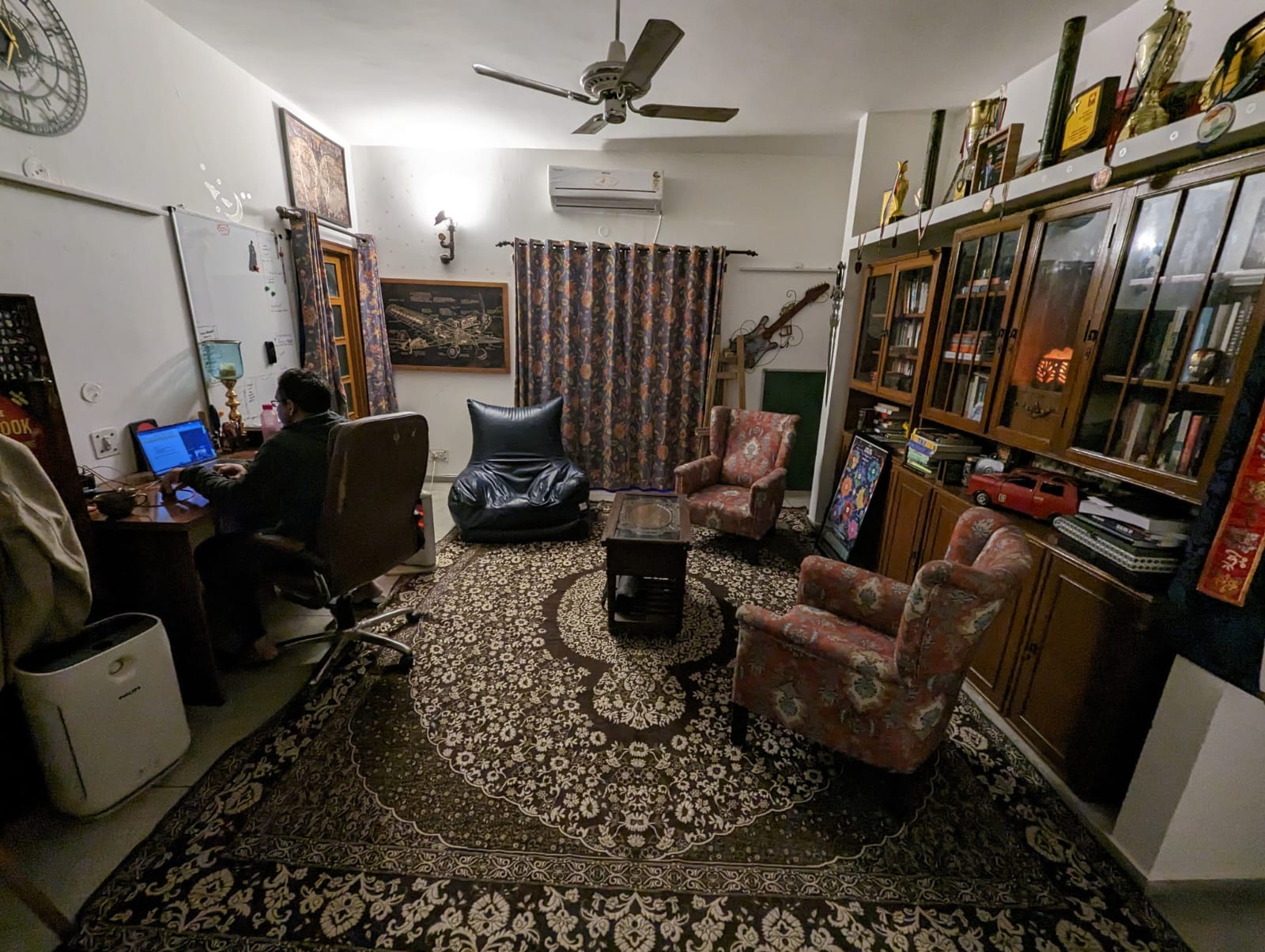“Success doesn’t build character. Pain does.”
If you're expecting a fluffy motivational post with "you can do it" energy—close this tab.
What follows is not a pep talk. It’s an autopsy.
I’ve cleared the UPSC exam- supposedly one of the toughest exam in the world. But the things that truly changed my life didn’t come from the result. They came from the fire I had to walk through to get there. This exam didn’t just test my knowledge—it broke my identity, remade my values, and burned away all illusions.
What I’m about to share with you are five brutal, inconvenient, yet transformational truths. They will hit you hard, especially if you're in your 20s and confused about where you're heading.
Read this not as exam strategy—but as life strategy. UPSC was just the lab. Life is the real experiment.
1. Skin in the Game is Non-Negotiable
UPSC taught me what IIT, BTech, and even life hadn’t:
Until your ego bleeds, you’re not in the game.
We talk a lot about "commitment", but real commitment isn’t a declaration—it’s a sacrifice. It’s when quitting would cost you public humiliation. It’s when you’ve paid the entry fee not just with time, but with your dignity.
I learned this first not in a UPSC library, but in a bodybuilding competition.
I came last. Not second, not third—dead last.
And when you stand half-naked on a stage, flexing while people laugh or ignore you, your skin is literally in the game. That embarrassment? It changes your DNA. Makes you immune to failure.
.jpeg)
This is what most people lack. They study half-heartedly, start a business casually, chase a dream conveniently. They want success—but with an exit plan.
You want transformation? Then raise the stakes.
Burn the escape route. Enter the arena where ego dies
2. Generalists Rule the World (But Only If They Survive Long Enough)
We are told to specialize. Become an engineer. A doctor. A coder. A domain expert.
But UPSC flipped that on its head.
The syllabus forced me to understand economics, psychology, international relations, ancient history, ethics, and current affairs—all at once.
In doing that, it taught me the real secret:
Pattern recognition > expertise.
David Epstein’s book Range explains this beautifully. The world doesn’t reward the best. It rewards those who can see connections others can’t.

A generalist is someone who can step back and see the battlefield. Specialists win battles. Generalists win wars.
This is why UPSC is so powerful. It trains your brain to become meta-aware, context-aware, and future-aware.
And outside the exam hall, that’s a superpower.
💡 At this point, if this resonates with you, and you’re seeking a path that teaches the real syllabus of life, check out The Syllabus of Life Academy (Free).
We dive deeper into truths like these. No fluff. Just clarity, strategy, and community.
3. Overachievement is Often Just Insecurity in Disguise
People see the rank. The IRS badge. The podcast. The public speaking.
They don’t see the wound.
I wasn’t driven by ambition. I was driven by inadequacy.
I felt “not good enough.” Not average. Below average. And that pain? I used it as rocket fuel.
If you’ve ever felt unseen, underestimated, or written off—good.
That’s your edge.
Turn it into obsession. But don’t lie to yourself. Overachievers aren’t peaceful people. We sacrifice mental health on the altar of performance.

You don’t have to glorify this—but if you’ve got this fire in you, use it before it burns you.
4. Respect ≠ Power. And Both Are Overrated
When I got selected for the IRS, my relatives started calling me "Sir". Overnight.
The same people who once gave me unsolicited advice on what to do with my life now started wishing me on Holi and Diwali.
But here’s the punch:
Most of that respect was a transaction. A currency for access.
They weren’t respecting me. They were respecting the idea of influence. And once I figured this out, it stung.
Worse: Respect doesn’t equal power.
You can have a powerful designation but still be helpless in a corrupt system. You can be a rule-follower and still be a terrible leader. You can be honest and still be heartless.

One of the harshest truths I learned in public service was this:
Honesty ≠ Goodness. Corruption ≠ Evil.
Humans are complicated. The halo effect is a lie.
There are honest men who are monsters. And corrupt men who are warm, kind, and fiercely loyal.
There’s no moral binary. Only shades of grey. Accept this, or life will keep disappointing you.
5. Pain Tolerance Is the Real Success Metric
Forget talent. Forget IQ. Forget your college degree.
There’s only one thing that will take you to the top:
How much pain can you take without breaking character?
Bodybuilding taught me this before UPSC did. You push your body through cramps, cuts, dehydration, hunger—and keep showing up.
When UPSC came, my nervous system was already trained for chaos.
Discipline doesn’t start with habits.
It starts with pain tolerance.
Physical rigor gives you mental armor. When life hits, you’re already bruised—but not broken. And that makes all the difference.
In fact, I’ll say this bluntly:
If you’re not in physical pain every week, you’re under-preparing for life.
Train your body. Test your limits. Shock your ego. That’s how you build resilience, not by watching motivational reels on Instagram.
Final Words: You’re Not Weak. You’re Just Underexposed.
I met criminals, smugglers, CEOs, politicians, and men who wanted to kill me. I’ve sat across murderers and saints. You know what I learned?
No one is pure. No one is evil.
Everyone is just a result of their exposure, experience, and choices.
So before you compare yourself to someone else, ask this:
“What exposure have I had? What chaos have I survived?”
Your education didn’t prepare you for the real world. But life can.
If any of this resonated with you—don’t let it die as inspiration. Do something. Get in the game. Get skin in.
And if you want to learn the truths that no school, no degree, and no system teaches—join us inside the free Syllabus of Life Academy.
I’m Ravi Kapoor.
And these were the 5 brutal lessons from UPSC…
That rewired my entire life.
